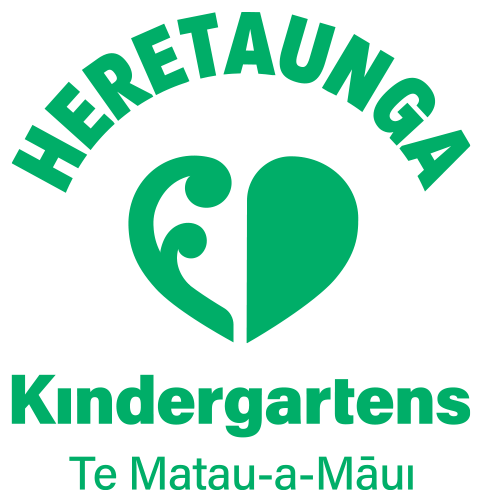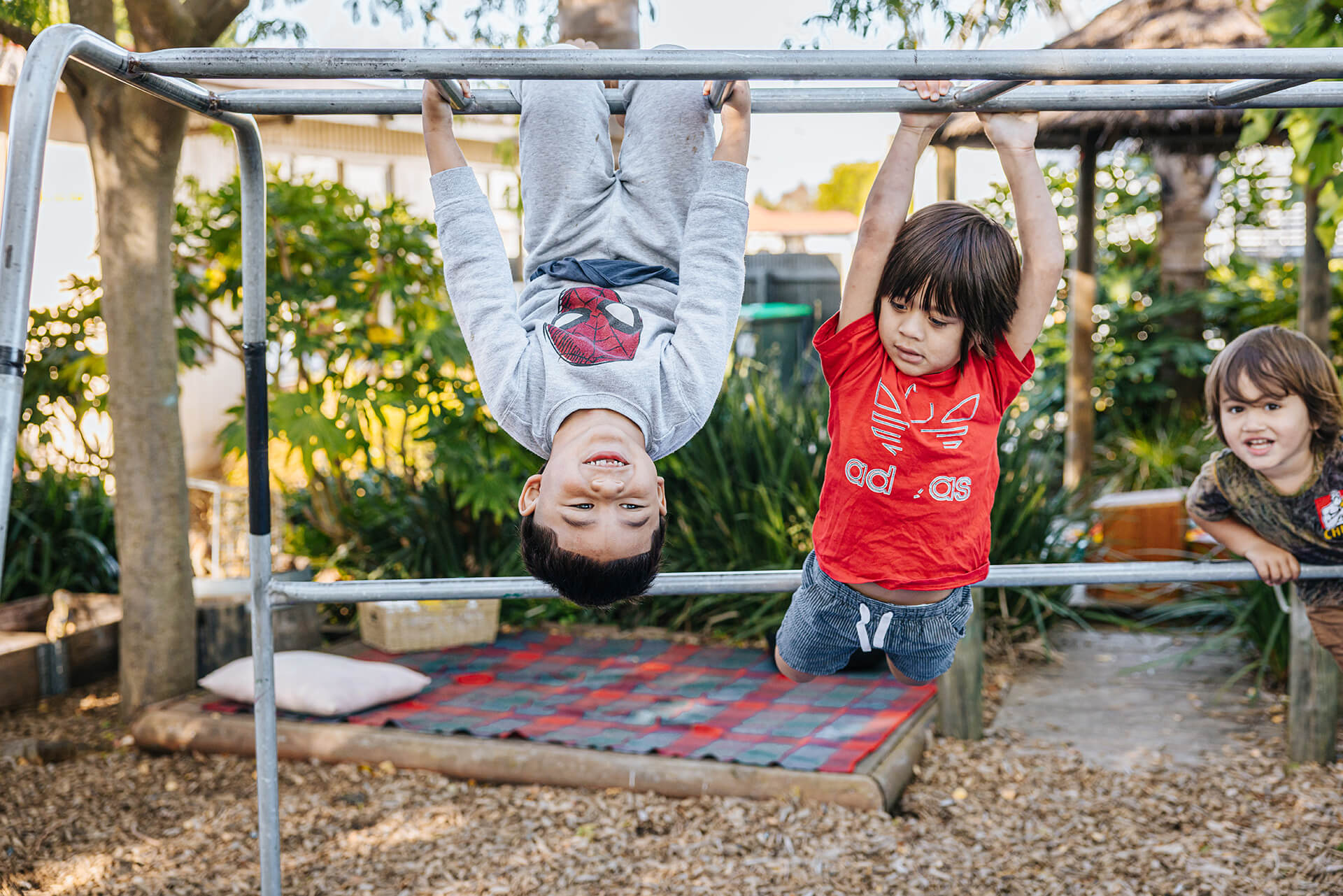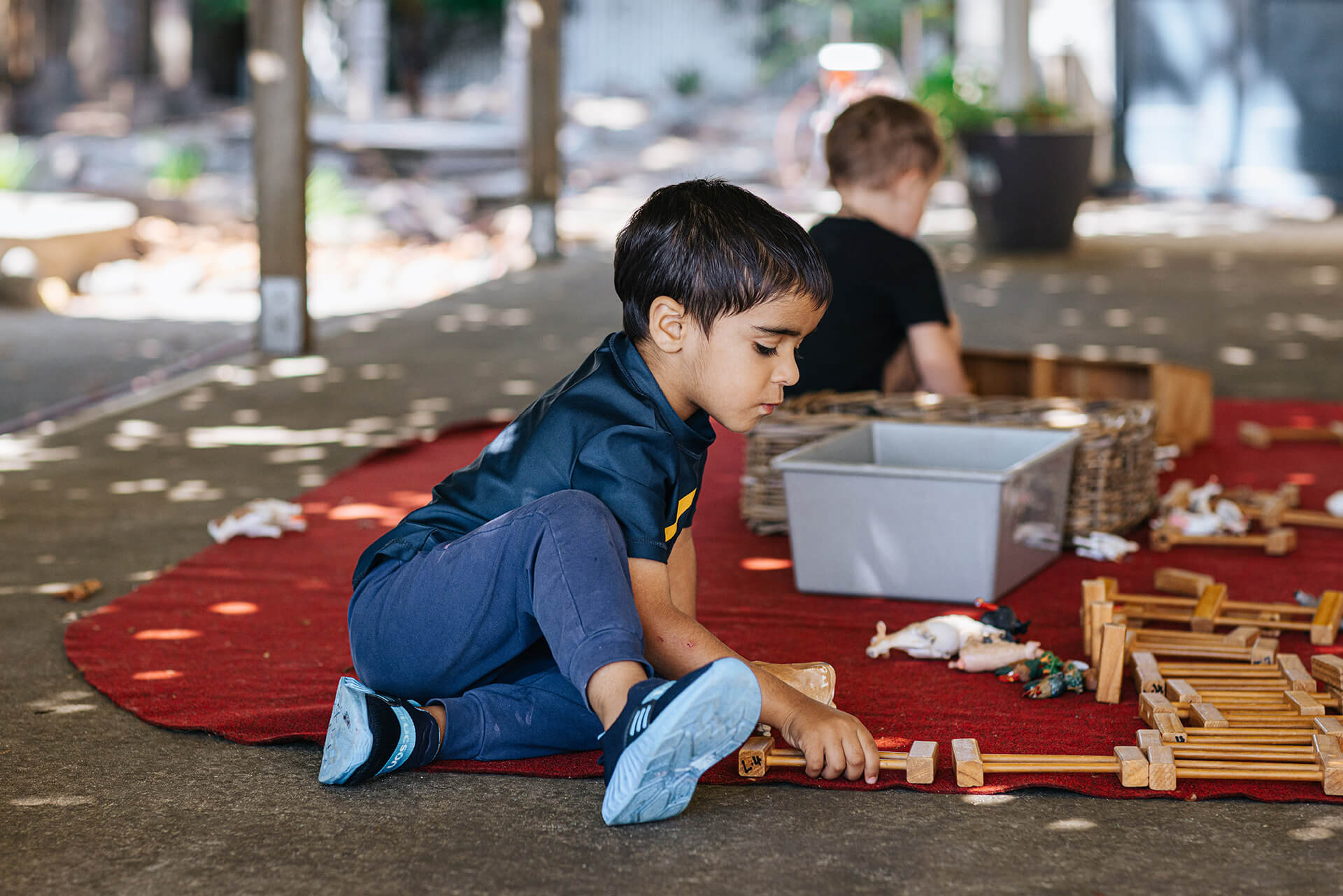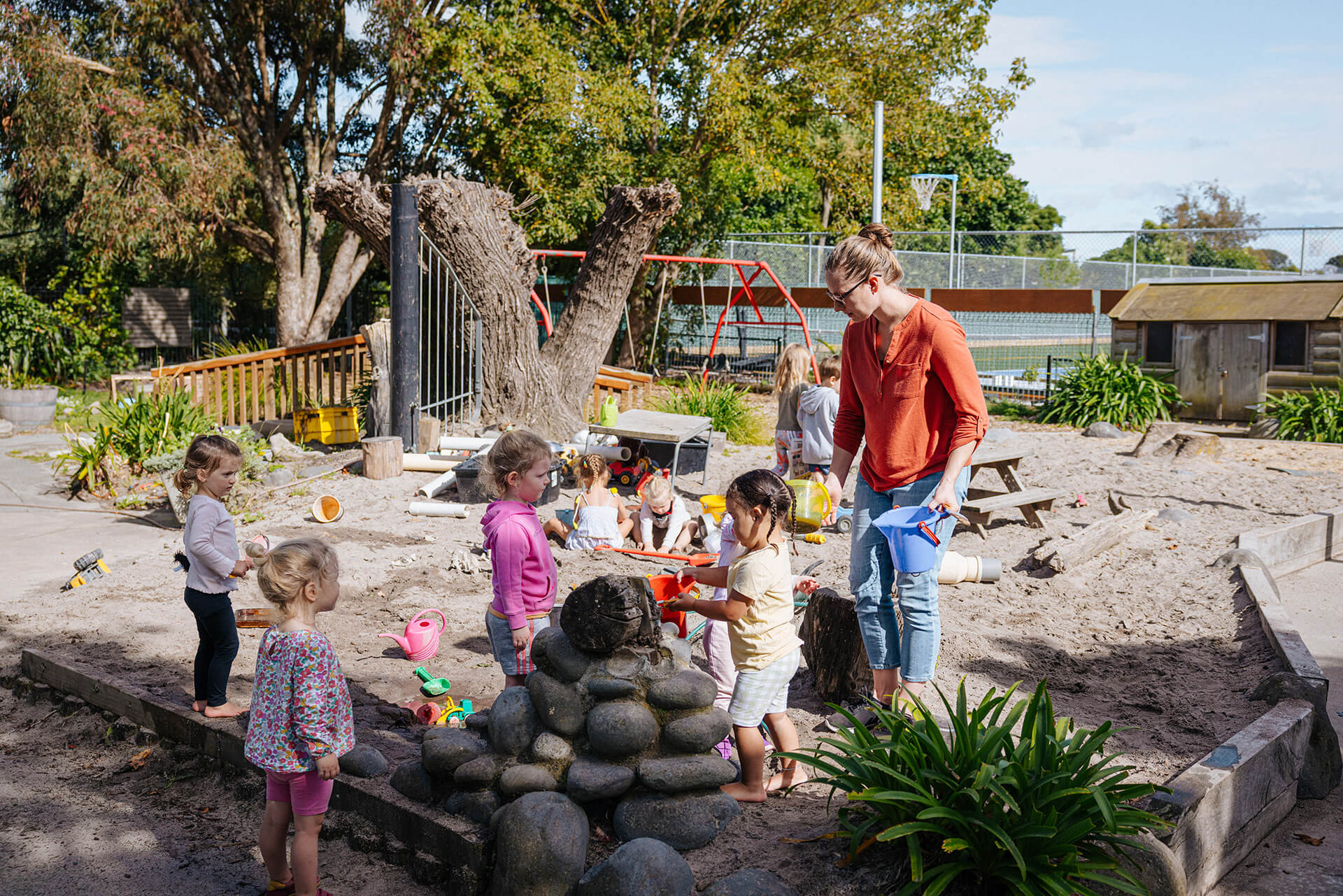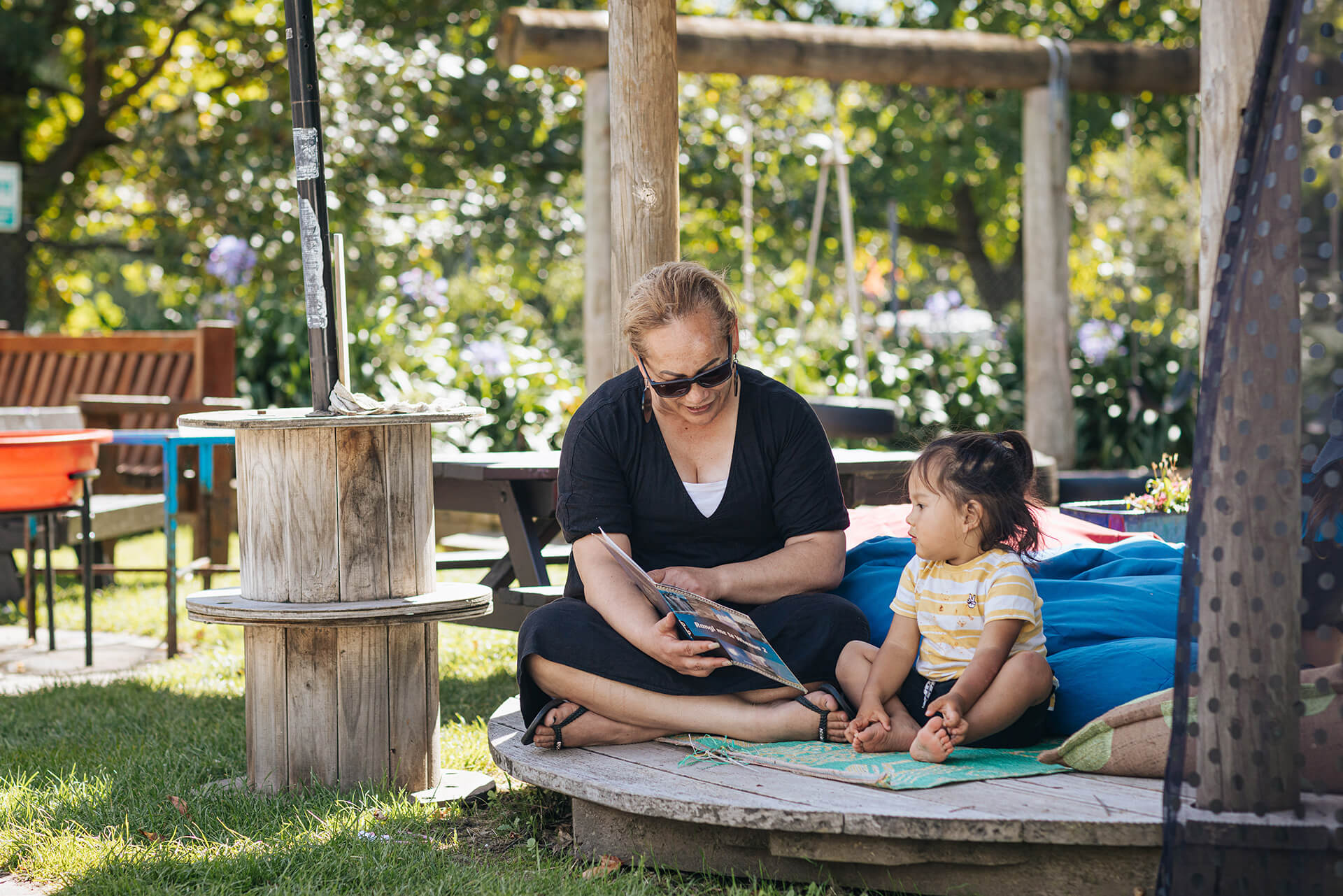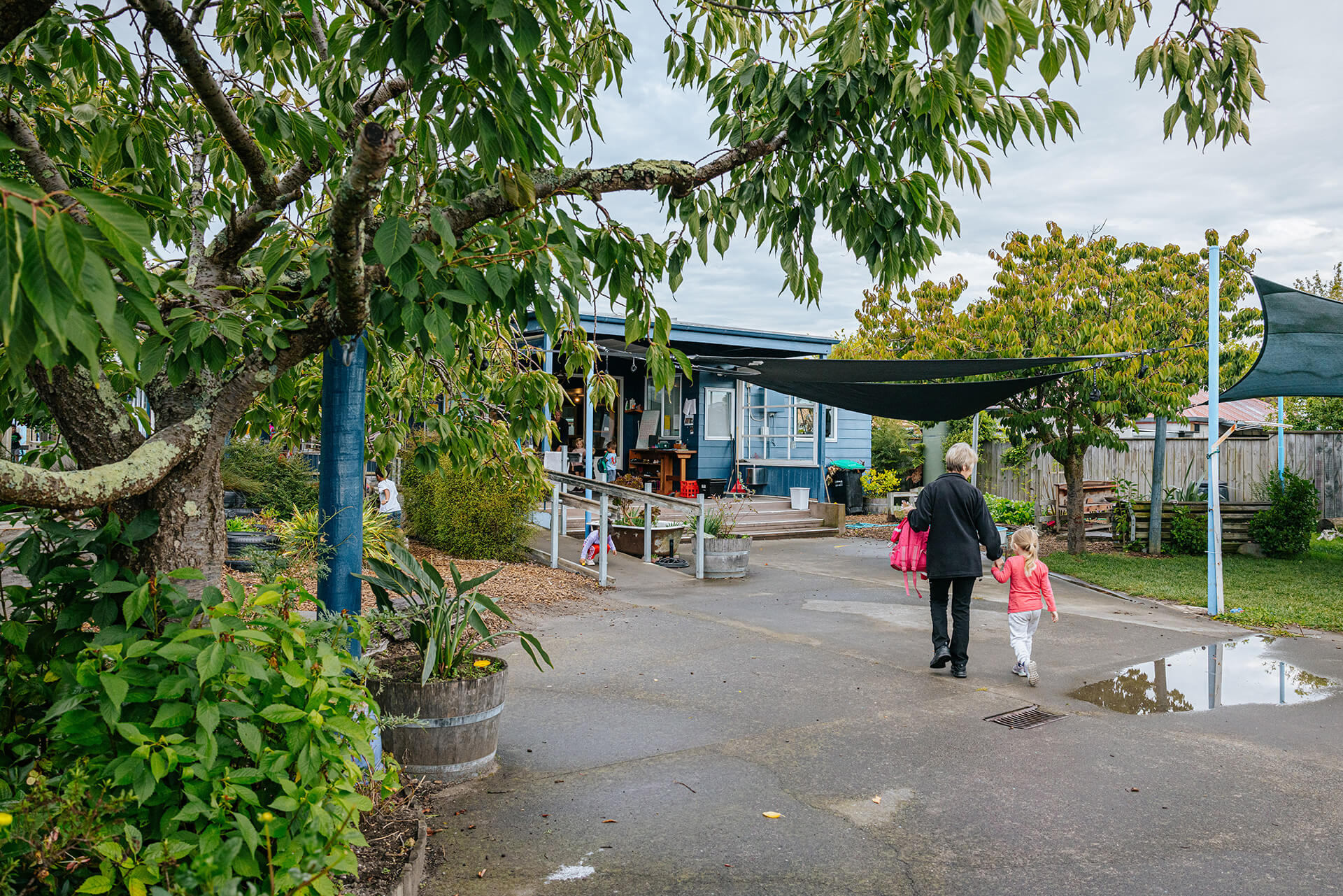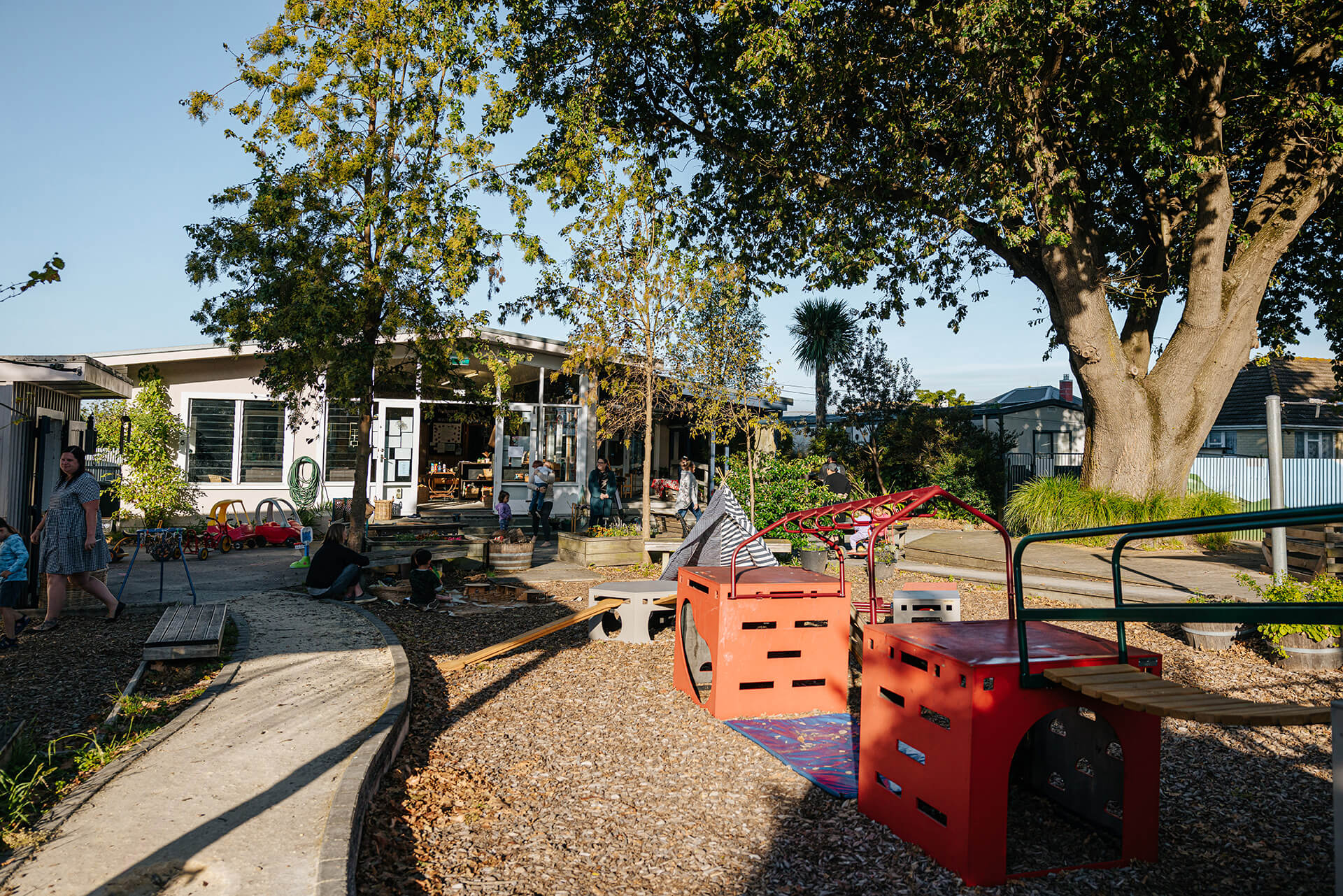Nau mai haere mai - Welcome
You are always welcome to come in and, get a feel for our environment, learn about our philosophy, meet the teaching team, and ask any questions. We are community focused and we walk in partnership with whānau/family to best meet the needs and aspirations of our children.
We create a calm, positive, and homely atmosphere for children to socialise and learn from each other (tuakana/teina). Our group planning values/pou, are manaakitanga, hauora and ako. We collaboratively plan for this throughout our program, environment, language, and within our teaching practices.
We have Key teacher approach (individual planning), each child has one teacher following their learning pathway and documenting their learning in a journal book and online through Storypark. This is to ensure consistency and strong communication between whānau and the Key teacher. We recognise that children learn through play unlocking their interests in creative ways of self-expression.
Our teachers have a range of levels of te reo Māori and we are committed to engaging in all aspects of Te Ao Māori. Tikanga practices such as waiata, kapa haka, rongoā, rakau Māori, te reo Māori, and pūrakau are all dynamic aspects of our program and environment.
We share a very strong connection with the Frimley Primary School, as they are located right next to our kindergarten. We often visit the school grounds and embrace the whānau feel that has developed throughout our relationships with the older children, teachers and leaders. We are a community!
Nau mai haere mai. Come visit, email, and/or ring anytime. We also have a Facebook page you can follow. Mauri ora
Vision and Philosophy
Vision
The children of Frimley Park Kindergarten are nurtured in a homely, playful, and language-rich environment to feel a strong sense of identity and view themselves as a learner.
He aroha whakatō, he aroha ka puta mai
If kindness is sown then kindness you shall receive
Philosophy
What we do here:
We develop meaningful relationships between whānau, children, teachers, and our community. Acknowledging the well-being of each child is interdependent within our social group and reflects a holistic way for children to learn and grow.
Parents are viewed as the first teachers and together we build on their child’s learning aspirations. A key teacher approach is a dynamic between teacher, child, and whānau. Each teacher connects with a group of children and captivates individual learning pathways in partnership with whānau through observations, photos, and learning stories.
We share space with children who are free to creatively express themselves to learn through play in a calm and positive social environment. Children are affirmed as individuals within a social-cultural context and supported to develop a sense of belonging.
We foster a culture of ako by embracing children's interests, exploration, and through our daily rituals. We have creative resources that are accessible to activate a child’s rich imagination as they refine and extend working theories.
We value and continue to strengthen our Te reo Māori me ngā tikanga through pūrakau, waiata, karakia, pepeha, local trips, matariki, kapahaka, mātauranga Māori and whanaungatanga.
We are in a diverse community alongside Frimley Primary School and the broader Ngā hau e whā e Kāhui Ako ( community of schools). We do regular professional development with local teachers and leadership.
Our children are experiencing foundational skills and knowledge that supports life long skills and for a transition to School. We have regular visit’s to the School field, library, and classrooms. We welcome contact with local children and children’s extended whānau.
Manaakianga
The relationship of respect, inclusiveness, kindness, and aroha to oneself, others, and our environment.
Ko au, Ko koe, Ko ia, tatau tatau e.
Hauora
Human development reflects cognitive (hinengaro), physical (tinana), emotional (whatumanawa), spiritual (wairua), and social and cultural dimensions. Mā mātou koutou e manaaki.
Mauria te pono- Believe in yourself
What matters here; Our group priorities are; Manaakitanga, Hauora, and Ako.
These values influence what we think and how we respond in our ways of being and doing.
Manaakitanga
The relationship of respect, inclusiveness, kindness, and aroha to oneself, others, and our environment.
Ko au, Ko koe, Ko ia, tatau tatau e.
Children’s learning:
- Trust and secure relationships between peers, teachers, and key teachers.
- Respect, inclusiveness, and tolerance for oneself, others, and the environment.
- Welcoming and warm to our whānau, extended family, and manuhiri/visitors.
- A sense of cultural identity.
- Taking care of animals
- Eating, gifting and coming together for kai is viewed as a gesture of aroha and respect.
Hauora
Human development reflects cognitive (hinengaro), physical (tinana), emotional (whatumanawa), spiritual (wairua), and social and cultural dimensions. Mā mātou koutou e manaaki.
Children’s learning:
- An ability to self-regulate emotions whilst developing resilience.
- A sense of responsibility for their own well-being and that of others.
- Children are actively taking risks within our outdoor and indoor environments.
- A sense of personal worth and cultural identity.
Ako
Viewing yourself as a learner will empower you in the process of learning and understanding. Ka ako au.
Children’s learning:
- To learn and to teach. Learning from each other, Tuakana/teina (mentorship).
- Curiosity, exploration, and fostering a love of learning through interest, routines, and creative expression.
- Actively listening and participating in stories, pūrakau, and creating their own stories through different artistic, dance, and musical mediums.
- Learn to live with each other through their play.
Ako
Viewing yourself as a learner will empower you in the process of learning and understanding. Ka ako au.
ERO Quality Evaluation Report
Hours and Fees
20 January - 19 December 2025
Monday – Friday:
8.30 am – 2.30 pm
Dates Closed
2025 Statutory Holidays
Waitangi Day – Thursday 6 February
Good Friday – Friday 18 April
Easter Monday – Monday 21 April
Anzac Day – Friday 25 April
King’s Birthday – Monday 2 June
Matariki – Friday 20 June
Hawkes’ Bay Anniversary - Friday 24 October
Labour Day – Monday 27 October
Kaiako Professional Development
We will be closed on the following dates to support kaiako professional development, ensuring continuous growth and improvement:
Thursday 17th April (1 day)
Monday 7th July - Friday 11th July (1 week)
Friday 3rd October (1 day)
Fees
ZERO FEES
Kaiako

Michelle Tūhura
Kaiako Matua (Head Teacher)
Bachelor of Arts in Early Childhood Teaching
Bachelor of Education in Early Childhood
Te Reo Māori (Level 4)
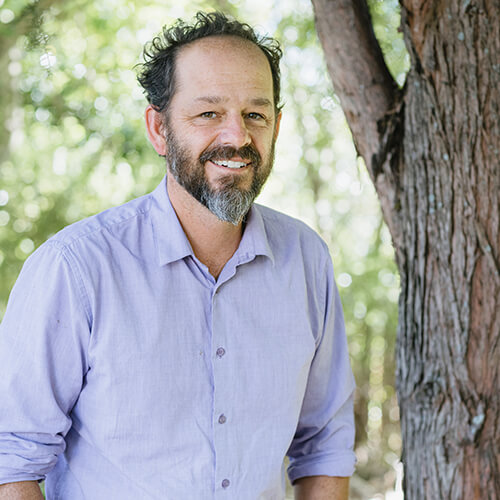
Louis Kittleson
Kaiako
Bachelor of Teaching
(Early Childhood Education)

Carole Mooney
Kaiako
Bachelor of Education
Diploma of Education
(Early Childhood Education)
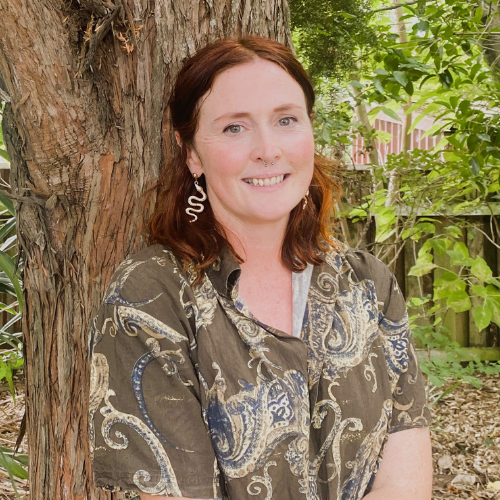
Fleur du Fresne
Kaiako
Graduate Diploma of Education
(Early Childhood Education)
Bachelor of Naturopathy and Herbal Medicine
